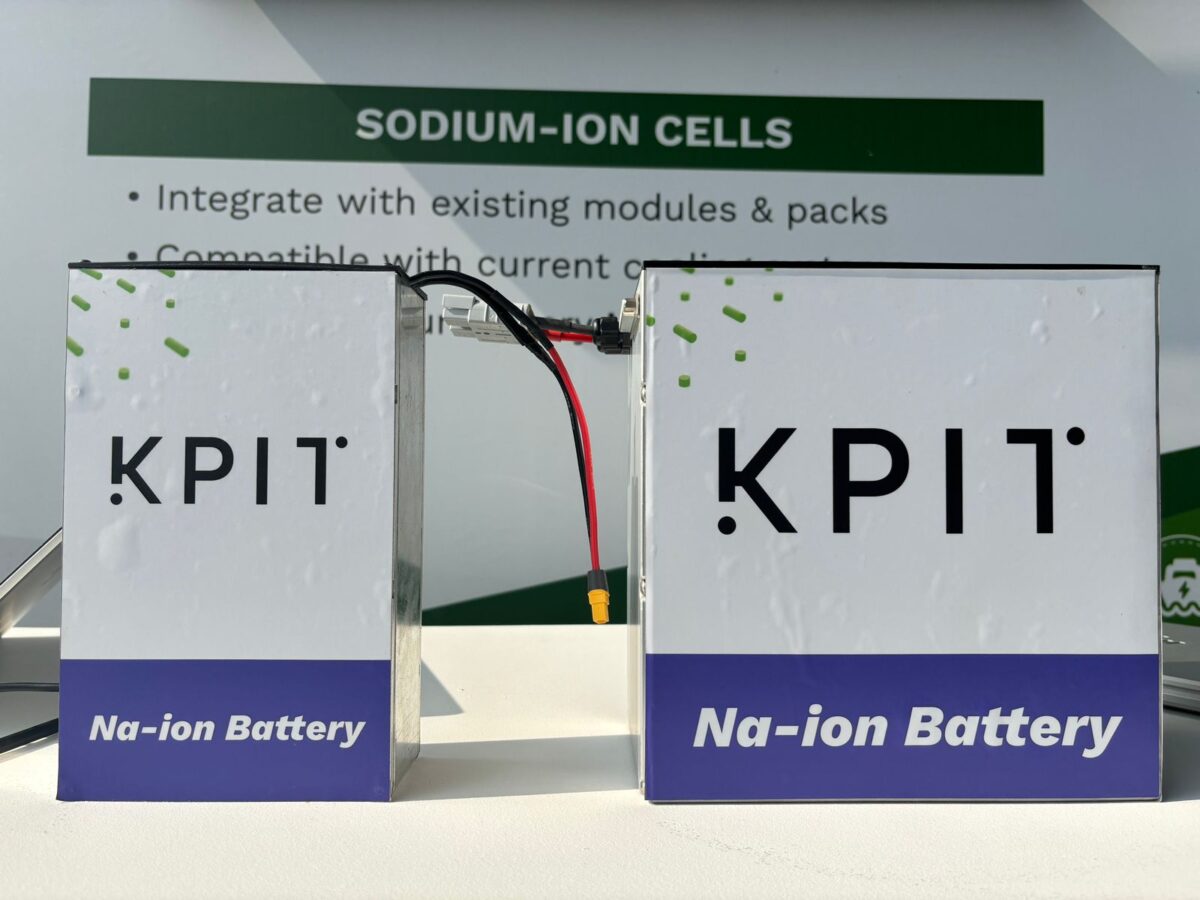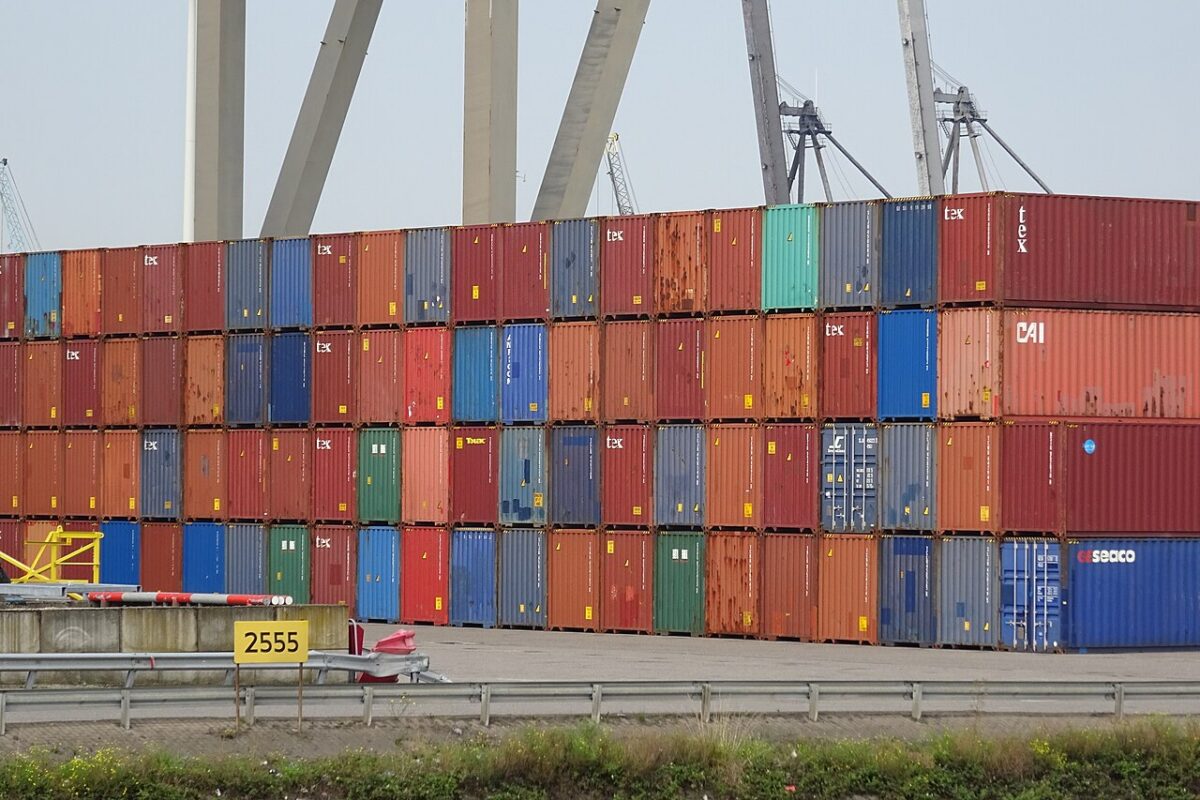From pv magazine India
SIBs offer India a chance to build a domestic energy storage ecosystem due to its abundant raw materials compared to lithium-ion batteries (LIBs), according to a report from the UK-India bilateral program ASPIRE, led by the UK Foreign Commonwealth and Development Office (FCDO) in collaboration with India's Ministry of Power and Ministry of New and Renewable Energy. KPMG served as the program's lead adviser.
The report highlights India’s position as the third-largest producer of sodium chloride globally, contributing 10% of global salt production in 2021, along with its capacity to produce key SIB materials like iron ore, manganese ore, phosphates, and sulfur. Combined with a reduced reliance on critical minerals like cobalt, these factors make SIBs a promising option for India’s projected need for 41.7 GW/208 GWh of battery energy storage systems by 2030, according to the Central Electricity Authority.
The report says SIBs are suitable for grid-scale storage applications due to their competitive lifecycle, enhanced safety, and lower costs compared to LIBs. They can address key grid applications like resource adequacy, transmission congestion relief, energy arbitrage, and renewable energy firming. SIBs’ manufacturing process is similar to LIBs, allowing production lines to transition with minimal changes, while declining costs over the next decade are expected to make them 15–20% cheaper than LIBs by 2030.
“By 2030, SIBs are expected to achieve costs that are 15-20% lower than those of LIBs, making them increasingly competitive for various applications,” states the report.
The report recommends policy measures to support SIB adoption, including integrating SIBs into India’s energy storage framework through round-the-clock renewable energy tenders, a production-linked incentive scheme for advanced chemistry cells, energy storage obligations within renewable purchase mandates, and viability gap funding for storage projects.
Collaboration between India and the United Kingdom could accelerate SIB development through joint research, business partnerships, scaled manufacturing, and sharing policy best practices. UK-based SIB companies include AMTE Power and LiNa Energy, while Indian firms such as Indi Energy, KPIT Technologies, and Sodion Energy are already active in the sector.
This content is protected by copyright and may not be reused. If you want to cooperate with us and would like to reuse some of our content, please contact: editors@pv-magazine.com.




By submitting this form you agree to pv magazine using your data for the purposes of publishing your comment.
Your personal data will only be disclosed or otherwise transmitted to third parties for the purposes of spam filtering or if this is necessary for technical maintenance of the website. Any other transfer to third parties will not take place unless this is justified on the basis of applicable data protection regulations or if pv magazine is legally obliged to do so.
You may revoke this consent at any time with effect for the future, in which case your personal data will be deleted immediately. Otherwise, your data will be deleted if pv magazine has processed your request or the purpose of data storage is fulfilled.
Further information on data privacy can be found in our Data Protection Policy.